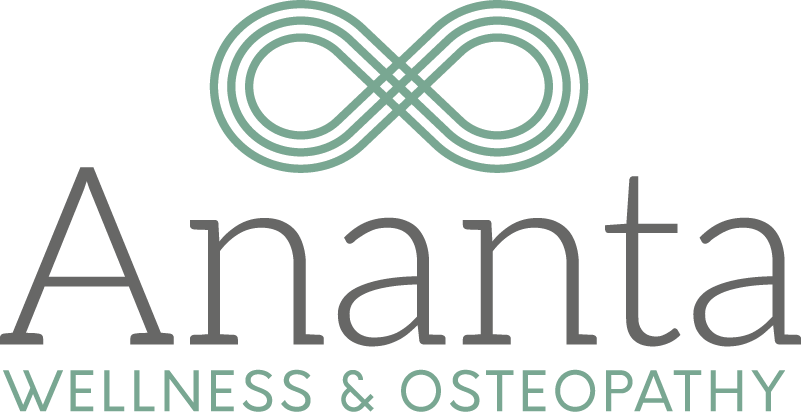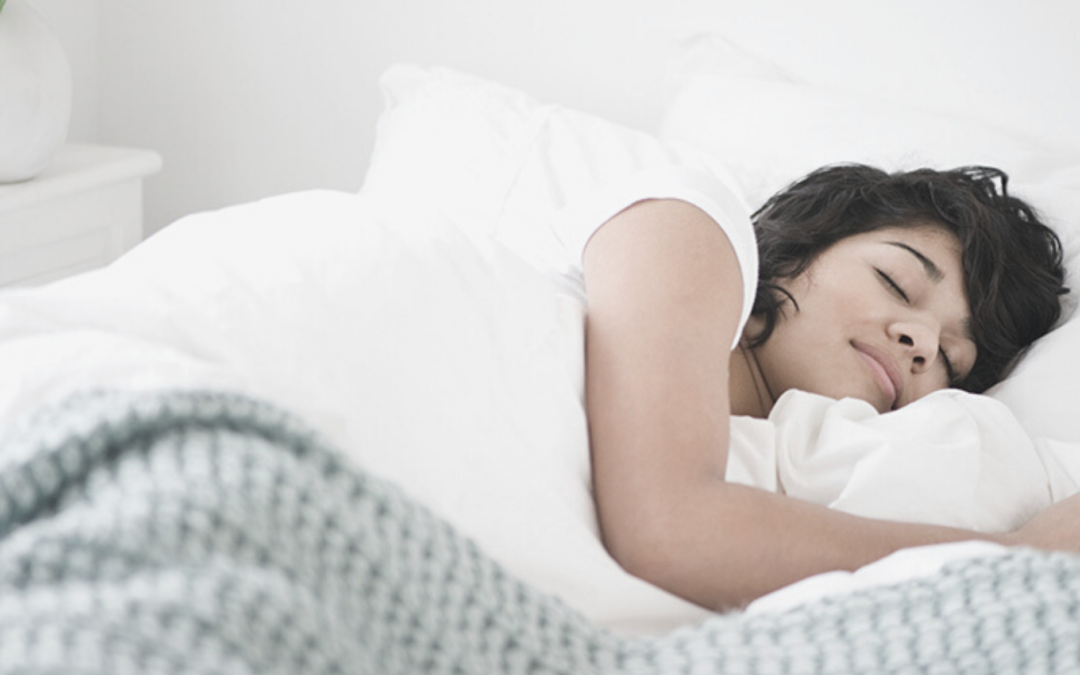What is Sleep Hygiene?
The term sounds a bit misleading, but it’s not how clean you or your bed necessarily are… Sleep hygiene are the practices that you do during the day and leading up to bedtime that help you have a restful sleep.
Why is Sleep hygiene important?
Research shows that approximately 2/3 of adults report one or more episode of insomnia each year and approximately 15% of adults have chronic insomnia episodes every year. As well as 75% of the population reports having at least one sleep problem symptom, but may not be classified as insomnia.
Cognitive function:
Sleep is when our body is able to fully rest and recuperate from all the mental and physical stimuli we have had throughout the day. It is also important for preventing impairment of brain function and can decrease your risk of Alzheimer’s disease according to study done by Boespflug and Iliff in 2018. I know that got serious fast. Research shows that sleep deprivation can increase the beta-amyloid (cellular waste product) in the brain. Why is it bad to have too much beta-amyloid? The buildup is what hinders communication between neurons in the brain which causes Alzheimer’s disease.
Weight management:
Beccuti and Pannain’s research done in 2011, demonstrated consistent sleep helps with regulating your weight whether you’re trying to maintain, or lose weight. Studies show people who sleep 5 hours vs their regular 8 hours, will eat 22% more the next day, not because of increased energy expenditure but due to the secretion of neurotransmitters in the brain. Studies shows that the brain releases more ghrelin (neurotransmitter that tells you that you’re hungry), and less leptin (neurotransmitter that tells you that you’re full) after a poor night of sleep. You may also have an increase in cravings for “less nutritious” food such as simple sugars (ie. chocolate, desserts ect.). Eating these foods throughout the day will cause irregular spikes in insulin which directly effects your energy levels, thereby, affecting your productivity levels throughout the day.
Emotion regulation:
Just like areas of the brain responsible of secretion of neurotransmitters, sleep deprivation also affects areas in the brain responsible for your emotional response. The two main areas of the brain that control this are the amygdala and the prefrontal cortex. The amygdala is responsible for emotional reaction(s), and the prefrontal cortex is ultimately in control of the amygdala because it operates high level executive function of the brain. When we are sleep deprived the amygdala becomes hyperactive because the connection between the amygdala and prefrontal cortex is disengaged. More research is showing the importance of REM sleep on helping the brain process emotional situations/conflicts. So, when you have a stressful event happened in your life, the best thing to do may be sleep to help your subconscious begin to process it, as well as helping you respond in a less “reactive” way.
Immune Function:
If you are not getting adequate amounts of sleep a night, many studies including one done by Cohen, Doyle, Alper, Janicki-Deverts, and Turner (2009), showed that less than 7 hours of sleep with make you more susceptible to catching virus’ such as the common cold. Sleep is vital for restoring our immune systems defense. A study completed in 2020 by Prather, Pressman, Miller and Cohen showed participants who received a flu vaccine after a 4-hour night of rest compared a control group who had 7 hours, had 50% less production of antibodies making the vaccine less effective. Obviously with the current situation, we need to focus on prevention, and our best defensive measure is keeping our immune system at its highest function!
Do you have good Sleep Hygiene?
Signs of poor sleep hygiene can be subtle, and with such a high prevalence of sleep disturbances in our society with so many distractions, we classify many of these signs as “normal”. These signs indication of poor sleeping patterns:
- Waking up frequently in the night
- Mid-day sleepiness
- Lack of consistency (quality and quantity of sleep)
- Not feeling refreshed when you wake up after 7-9 hours of regular sleep
Yes, some of these can be caused by multiple other factors, but beginning with what we can control (sleep hygiene) we can eliminate many of the causes of these disturbances.
What can YOU do to improve Sleep Hygiene?
- Prioritize sleep: No matter what your health goals are, prioritizing your sleep needs to be number one.
- Fixed wake up-time: Yes, even on weekends, within reason. Everyone dreads that Monday morning alarm for work, but if you got up roughly at the same time on Saturday and Sunday, would that Monday morning be as bad?
- Gradual adjustments to your sleep schedule: Shift-work is tough on the body, but for some occupations it is unavoidable. Try creating a schedule to slowly transition your sleeps when switching between day and night shifts.
- Reduce naps: Naps can be necessary on occasion but if you do have them, do early afternoon or not at all. Research by Tietzel and Lack has looked at many factors that can affect the quality of a nap. In their study “The recuperative value of brief and ultra-brief naps on alertness and cognitive performance” done in 2002 it shows the ideal nap time that does not cause drowsiness and has immediate improvements in alertness and cognitive function is 10 minutes. So be sure to set an alarm!
- Follow a nightly routine:
- At least 30 minutes for winding down time before bed, which also means unplug from those electronics at least an hour before bed!
- Dim your lights, ideally start for dinner time. Some studies have shown dim light exposure increases the carbohydrate digestion during evening meals.
- Avoid eating or consuming alcohol too close to your bedtime.
- Introduce a relaxation activity (meditation, bath, warm cup of caffeine-free tea)
- Create a healthy mental connection with your bed:
- If you are someone who tosses and turns at night, after 20 minutes of not being able to sleep, get up and stretch or do something with low light exposure, then try again. This helps train your brain that the bed is only for two things: sleep and sex.
- Optimizing your bedroom: mattress, pillow, bedding, comfortable temperature, block out light and adding calming scents (if that’s your thing).
- Balance fluid levels throughout the day, including limit caffeine intake to only in the morning
- Exercise daily: Our bodies need movement! It is easier to sleep when your body is actually tired from the day’s physical activity!
What can Athletic Therapists and Osteopathic Practitioners do to improve your sleep?
Stress and anxiety are common causes of sleep disturbances, especially right now with the pandemic. Both of these things can cause dysfunctions in the central nervous system which have an effect on the signals that help us sleep. Athletic therapy and Osteopathic Manual Therapy can help with malalignments in the spine, which may cause tension on the dura mater, and increase stimulation to the sympathetic nervous system. We can help promote relaxation in the body by decreasing the stimulation to the sympathetic nervous system (also known as the “fight or flight” pathway) and increasing the stimulation of the parasympathetic nervous system (“rest and digest” nerve pathway). This is accomplished through easing tension on structures such as the sympathetic ganglion and vagus nerve.
Other contributors to poor sleep are musculoskeletal pain (lower back pain, arthritis ect.), digestive issues, respiratory disorder, and certain drug reactions. Soft tissue and articular manual therapy techniques can improve the neurovascular flow, which helps reduce harmful fluid retention and allows the immune system to work more effectively.
Another important way manual therapy can help is through the neuro-immuno-endocrine modulation. This is done through the mechanism of the the adrenal gland (all hormone producing and excreting structures in the body) via the hypothalamic-pituitary-adrenal (HPA) axis. The HPA axis is a feedback pathway between the hypothalamus, the pituitary gland, and tied to sleep mainly though one hormone it excretes, cortisol. It is well known that high cortisol levels are also tied to high stress which we know affects our sleep quality and quantity. HPA axis activity should be lowest, along with cortisol levels, when we begin our sleep. Therefore, increased stimulation will cause high HPA axis activity which has been associated with insomnin. Another important hormone is the regulation of sleep is melatonin. The pineal gland is a small “pea like” structure in our head that helps regulate and produce melatonin. Therefore, proper function of these structures is imperative for hormone regulation to promote healthy sleep. Osteopathic Manual Therapy can help to optimize systemic regulation by the autonomic nervous system, fluid pumping and circulation and cranial bone mobility through the cranial-sacral mechanism. Visceral manipulation is also important for the function of the whole body though regaining the normality of the articulating structures around the organs including their blood supply, nerve supply and drainage.
One of founding principles of Osteopathy is the body’s ability to autoregulate and heal itself, and since sleep is when our body does majority of its recovery… Even if you do not believe you have a sleep issue, practicing good sleep hygiene can improve your result from treatments at Ananta Wellness & Osteopathy no matter what pain/condition you have come in for!
Our Osteopathic Practitioners do not diagnose or practice medicine, nor do we attempt to treat disease. If you are concerned about any medical pathology and/or disease, always consult your physician prior to exploring Osteopathic Manual Therapy.

